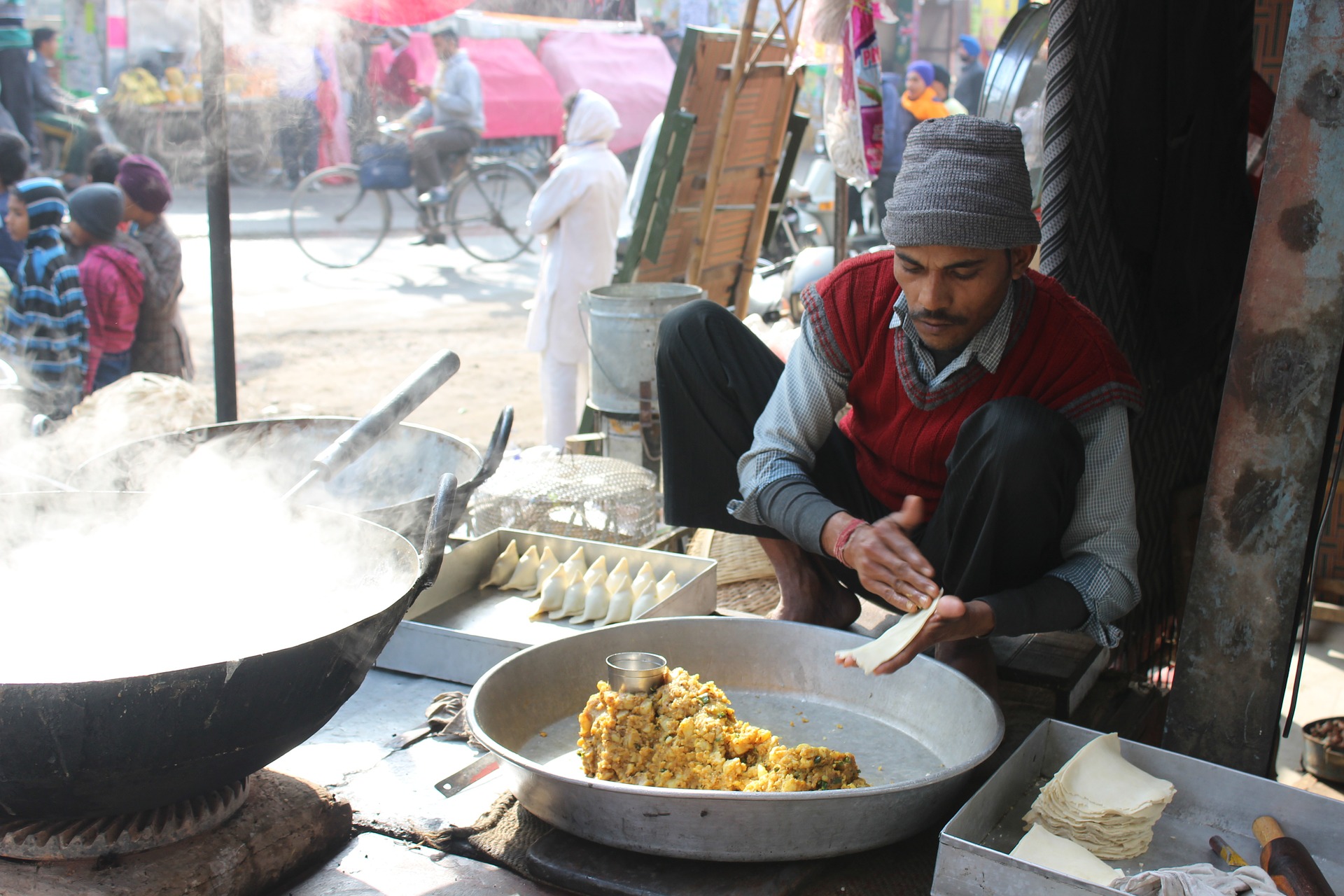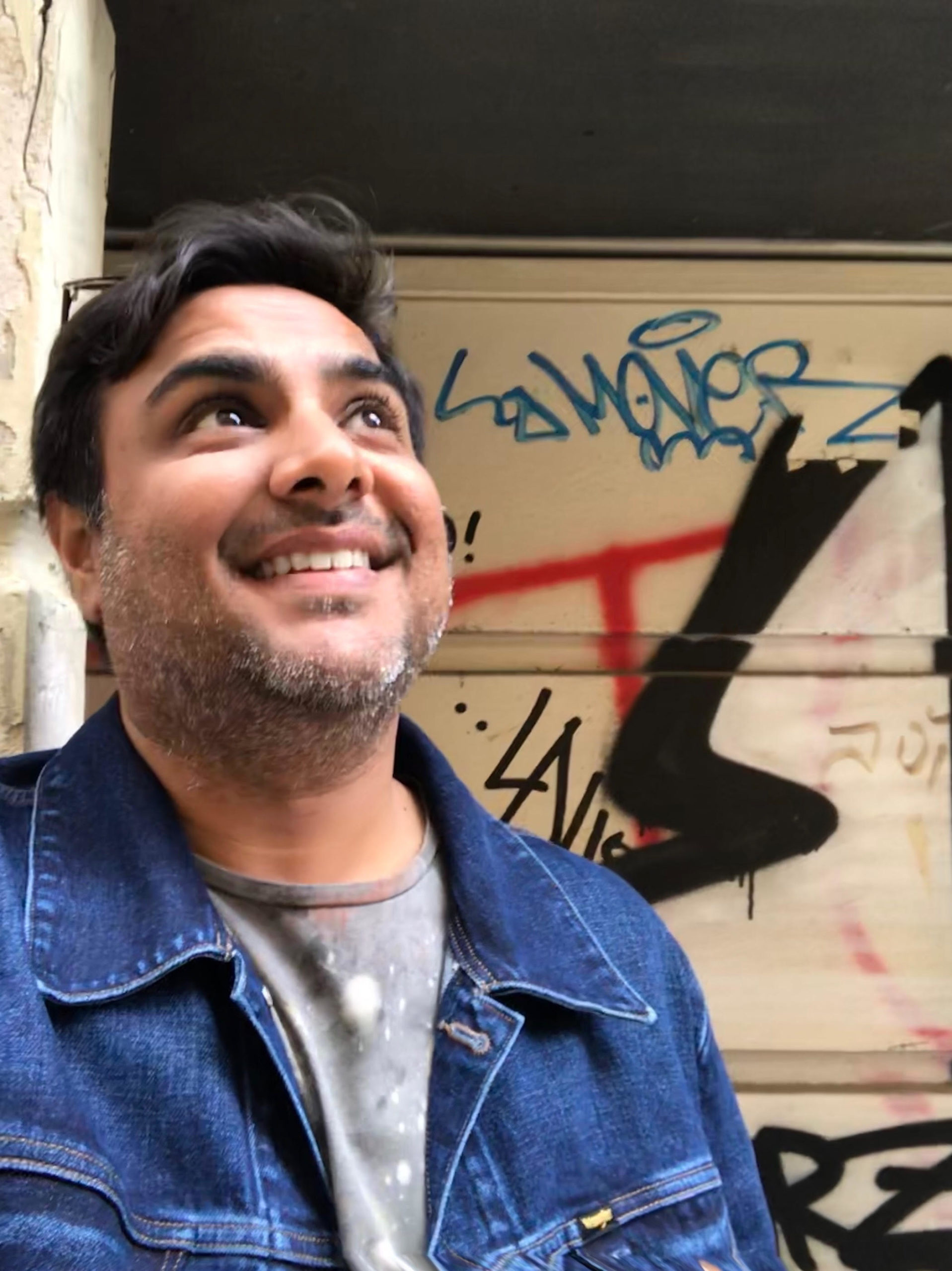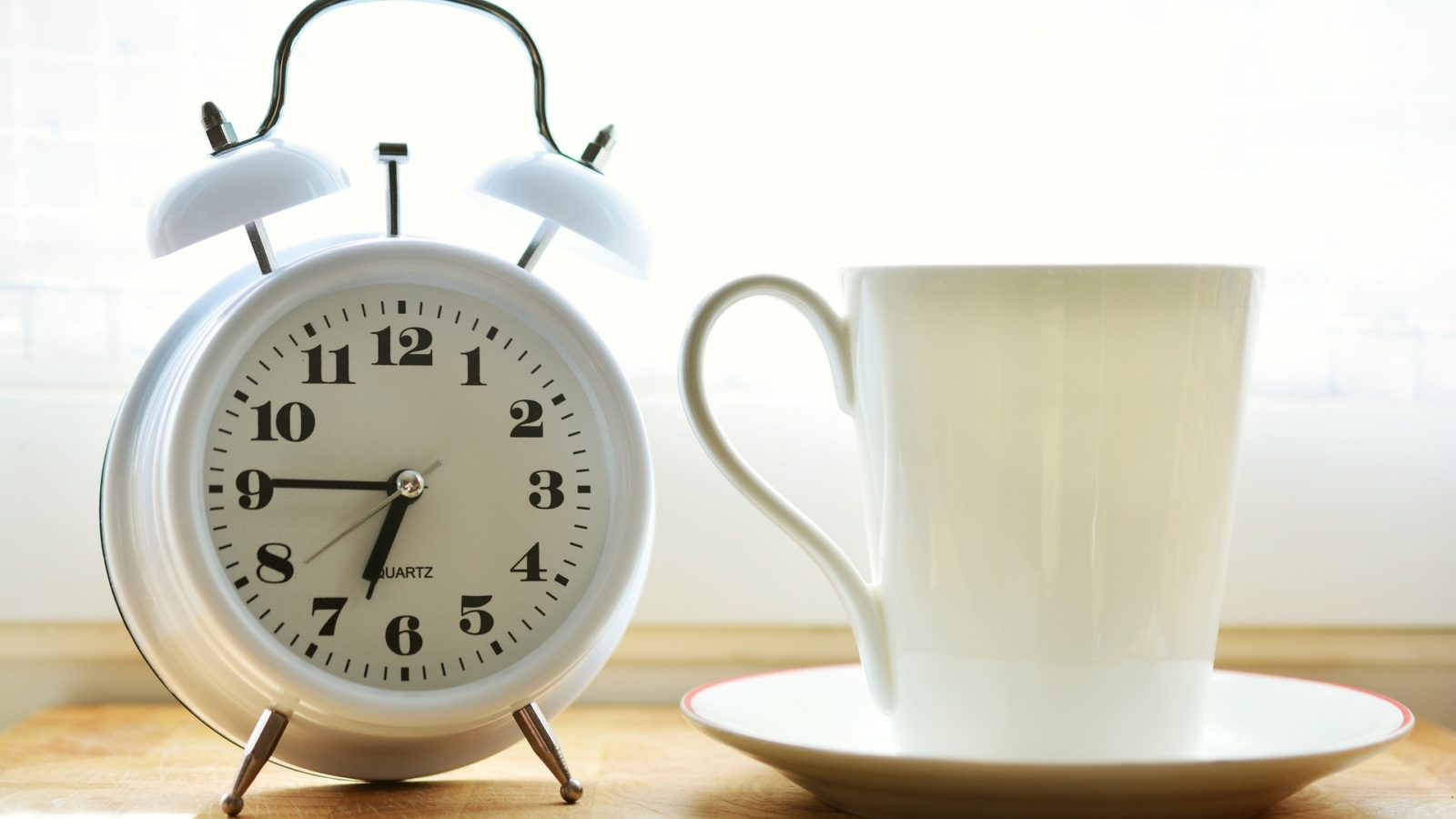The two years I spent living in a village in Karnataka while healing myself was a place that didn’t need an alarm clock. The farm had many chickens there to do the job. Today, the village I stay in in Kerala has the exact same ringtone. While at times I might have less than positive thoughts about those “cock-a-doodle-dos” especially when they leave me sleep-deprived, I’m thankful they are there to keep my routine going.
Routine for me is one of the most fundamental truths of life. We are creatures of habit and the routines that we set up for ourselves often help us navigate through life in the best ways. Of course, the routine has to be a healthy one. And the routine also has to be kept constant – and that can only be done with discipline.
Routine and discipline hand in hand together create then the perfect environment for wellness. So, it troubles me greatly that living in the world’s second most populated country, how exactly is it possible that we are a nation deprived of breakfast at the actual time for breakfast? If it’s truly the most important meal of the day, why is there nothing open at that time?
The logical answer is a two-fold simple one. People eat breakfast at home and people eat breakfast late. But here’s the thing. Not everyone lives at home. In fact, if you visit any big city, you will find hundreds of thousands of people far away from their homes – trying to make something of their lives, for the sake of their families.
I remember I would go for my morning runs while living in Delhi and then while living in Mumbai. I’d be out the door by 5:00am at the latest and normally I’d return anywhere between 6:30-7:30am. Both cities were isolated ghost towns at that hour. Besides perhaps a tea stall somewhere, you’d be hard pressed to find any food outlet open.

In Mumbai, I remember taking the first local train down from Vile Parle to Churchgate in the morning. After running several kms, I remember feeling my blood sugar drop. A gentleman who happened to witness this gave me a piece of hard candy from his bag. I was thankful for the kind gesture but deeply troubled that besides a five-star hotel, I had absolutely no options for having something, let alone breakfast. I managed to make my way back to the station and my options for additional food choices were either a packet of branded chips or last night’s leftover vadas and samosas (they had refrigerated the half-cooked samosas but since there were almost no one buying food, they said they wouldn’t fry it fresh for me).
How is it possible that for a country that wakes up early to tend to farms, do poojas, namaz and attend morning mass—we can’t get our act together for breakfast? Chai and samosa do not make for a healthy breakfast. Skipping breakfast is not a better option either.
With the obesity, diabetes and heart disease plaguing our nation, it seems the government would be better off regulating the hours that basic healthy food is available to the mass public or even mandating it! I’m not joking. Every single person I ask is not bothered by the lack of choices, they’ve become used to just accepting things as is and saying they are happy with “whatever is available”.
Why is it that five-star hotels serve breakfast? Is breakfast a luxury? No, it’s a necessity, especially because for the western world—it is a vital part of the day. “Given that individuals are so far away from their home, it’s important to have food served at a time when they normally would eat,” a F&B manager at 5-star hotel I recently visited informed me.
Having lived, travelled and stayed with families across cultures, classes and religion in India—I must say the diversity of taste, spice, and traditionally prepared healthy breakfast fares is like nowhere else in the world. So why exactly don’t we make it available to the masses outside?
Businesses thrive on the bottom line. Incentivising shops and restaurants to open for breakfast, even if it may not be profitable in the short run will begin to start to open the idea to consumers of every economical class that yes, you can eat breakfast outside that is like home, or dare I say, even better.
So, to all the businesses out there serving breakfast, open earlier, stay open and they will come! Increase the prices or reduce the quantity of your lunch and dinner options if you have to and offer smart breakfast choices for people that aren’t deep-fried and heavily processed. Bread toast, bread rolls and bread pakoras can’t be our national wake-up food. It shouldn’t matter what level of knowledge, what age, what gender, what income level, what time or what distance away from our home determines whether we have access to a proper healthy breakfast.
For me, what I eat at breakfast determines how my day will subsequently go. I’ve developed such an intimate relationship with food that when I leave my routine, I’m thrown off completely. We’re all mostly up early enough already; why not make breakfast matter, for everyone!


